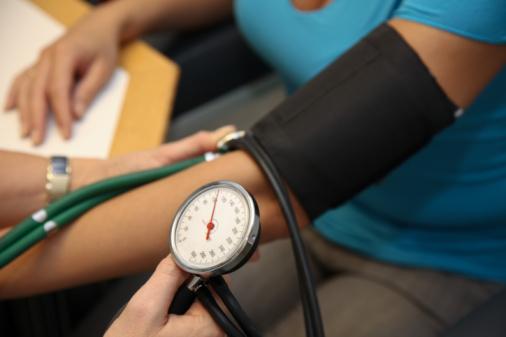
Nearly six in ten low-income Californians say they would be interested
in switching health care providers if they had a choice, according to
a new, independent survey of poor and near-poor state residents.
And if the federal health reform passed last year is implemented as
planned, many of those Californians will get that choice.
That new freedom could reshape the health care landscape in ways large
and small. One thing it would do is force community clinics and health
centers to be more responsive to patient needs, since many of those
patients would have the ability to go elsewhere with federal subsidies
and a state health insurance exchange open for business.
The survey was sponsored by the Blue Shield of California Foundation,
which has worked with clinics and health centers to improve their
operations and their reputations. (The foundation is also a sponsor of
this web site, www.calhealthreport.org).
“We have an enormous population of Californians who will have the
ability to go shopping for health care for the first time in their
lives,” said Gary Langer, whose firm directed the poll. “They will be
able to reach out and make choices about where they go for care.
“That creates a whole new world of risk and opportunity for the
organizations currently focused on providing care for these people.
Much of that care has been focused on what the funders and the
organizers think needs to be done, rather than on what the patients
want to have done.”
The survey questioned 1,005 Californians aged 19 to 64 with incomes
below 200 percent of the federal poverty level, or about $45,000 for a
family of four.
Among the findings:
–About four in ten say they currently have no choice in where they go
for health care. About 44 percent use a community clinic or health
center, about 30 percent go to private doctors and 1 in 10 use the
Kaiser health care system. One in ten also said they simply rely on
emergency rooms for their care.
–Low-income Californians are less healthy than state residents in
general. One in three say they are disabled or chronically ill, and
just one-third say health is excellent or good. Yet this group is no
more likely than other Californians to get medical care. This means
many may do so once they are given greater access to care under the
new federal law.
–58 percent said they would be interested in changing health
facilities if given the chance. Among community clinic patients, this
rises to 73 percent.
–The most powerful driver leading people to want to change is the
lack of a personal doctor. Among those who don’t have their own
physician, 86 percent say they would be interested in going elsewhere.
–Looked at another way, about one third say having their own doctor
is the most important thing about their health care provider. About
the same number mentioned cost as the number one driver that would
influence their choice, if they had one.
–The five factors found to predict a patient’s satisfaction with
their facility were the courteousness of staff, patient involvement in
medical decisions, the cleanliness of the facility, the amount of time
the doctors spend with the patient and having a highly regarded
personal doctor.
Peter Long, president and CEO of the foundation, said the findings
should be a wake-up call for California’s clinics, because while many
clinic patients are satisfied with their care, a large number say they
would go elsewhere if they could.
Long said clinics and health centers, to compete in the new world of
health care, are going to have to be more responsive to their patients
by providing a regular doctor, accepting appointments instead of only
walk-ins, and having clean, well-run facilities.
The good news, Long said, is that the clinics have “plenty of time” to
make those changes before the law takes effect in 2014.
“I think these findings will drive transformation as much as anything
we’re doing,” Long said.
Carmela Castellano-Garcia, president and CEO of the California
Primary Care Association, said most clinics and health centers are
already making the kind of changes that the patients in this survey
said they want. She noted that a large majority of the respondents
said they found clinic care to “good,” “very good” or “excellent.”
‘We’re moving in the right direction,” she said.
To see the executive summary of the report, click here.





